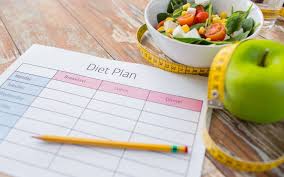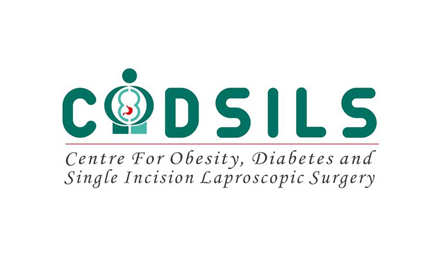
22 Apr Diet recommendation after Bariatric Surgery
Diet recommendation after Bariatric Surgery
A Bariatric diet helps people who are recovering from bariatric surgery to heal and to change their eating habits thus improving your life style. The gastric bypass diet is designed to
- Allow your stomach to heal without being stretched by the food you eat
- Get you used to eating smaller amounts of food that your smaller stomach can comfortably and safely digest
- Help you lose weight and avoid gaining weight
- Avoid side effects and complications from the surgery
Diet details
Diet recommendations after bariatric surgery vary from one individual situation to another. You may be able to start with our regular food in about two – three months time. A Bariatric diet typically follows a phased approach to help patient body to get adjusted to new/changed digestive system.
At each phase of the bariatric diet, you must be careful to:
- Eat and drink slowly. Wait 30 minutes before or after each meal to drink liquids. Avoid aerated drinks and using straws as they can cause bloating. Also eat and drink slowly to avoid dumping syndrome. Take time to eat your meal ( around 30 minutes) and drink liquids ( around 30 – 50 mintues to finish one cup of liquid).
- Keep meals small. Meals should be small and frequent, keep 3 to 5 small meals with two in between snacks. You may use small sized plates/cups to portion your meal and avoid overeati
- Drink liquids between meals.To avoid dehydration, you’ll need to drink at least 8 glasses (1.9 liters) of fluids a day. Take liquid 30 minutes before or after meal.
- Chew food thoroughly.The new opening that leads from your stomach into your small intestine is very narrow and can be blocked by larger pieces of food. Blockages prevent food from proper digestion and can cause vomiting, nausea and abdominal pain. Take small bites of food and chew your food thoroughly before swallowing.
- Focus on high-protein foods.Eat high protein foods before you take other foods in your meal.
- Avoid fatty and sugary foods..
- Take vitamin and mineral supplements as instructed by your doctor: To avoid deficiency of important minerals and vitamins, take regular supplements. .
PHASE I: CLEAR LIQUID DIET ( 2- 5 DAYS)
This diet basically aims at providing adequate water and minimum calories to avoid dehydration and ketosis. This diet should be continued till the staple line heals and the swelling subsides. The intake should be 30-50 ml at one time, every half to one hour, sipped slowly and not gulped. Straws should not be used as then more air is taken in and satiety occurs faster. Avoid taking beverages with added sugar content like canned juices.
- Water
- Lime water
- Coconut water
- Flavored water
- Green tea
- Apple juice
- Orange juice
- Clear vegetable soup
- Dilute skim milk/soy milk
- Dal water/soup/Rice water
PHASE II: FULL LIQUID DIET ( 5 – 10 DAYS)
It includes all of the items in phase 1 diet and the general instructions remain the same. The quantity can be increased slightly (70- 100 ml/sitting) taken every 1-2 hours. Water should be taken separately to avoid overfilling the stomach.
- Dal
- Dilute porridge
- Milk shake without sugar
- Thicker vegetable soup/ /Chicken stock/ Mutton broth
- Protein shakes
- Fruit Smoothies without sugar (apple, banana, strawberry, cranberry)
PHASE III: PUREE/ SOFT DIET ( 2- 4 WEEKS)
It includes items in phase 1 and 2 along with the following items. Other foods can be taken provided they are softened in a blender to make a puree. Meals can now be taken every 2-3 hours in a minimum of 6-8 times/day
- Khichdi
- Dalia
- Soaked soft cereals
- Cerelac/ Baby foods
- Mashed potatoes
- Cooked mashed vegetables
- Grated cottage cheese/Paneer
- Boiled soft vegetables
- Fat free yogurt/curd
- Boiled mashed rice/Idlis
- Boiled chicken/fish
- Mutton Keema
- Soft boiled egg
PHASE IV: NORMAL DIET ( > 1 MONTH)
- All foods are allowed but portion sizes should be 25% of the pre-operative diet
- Meals should be taken every 4 hours; minimum 4-6 meals/day
- Liquids should be separated from solids
- Water to be consumed half hour prior or one hour after the meal
- Eat slowly, chew thoroughly
- Limit the intake of aerated drinks, coffee, fibrous/tough foods
- Avoid excess salt/sugar
- Take proteins (eg – paneer, dal, soyabean, chicken, fish, meat) first during the meal; carbohydrates should be consumed later


